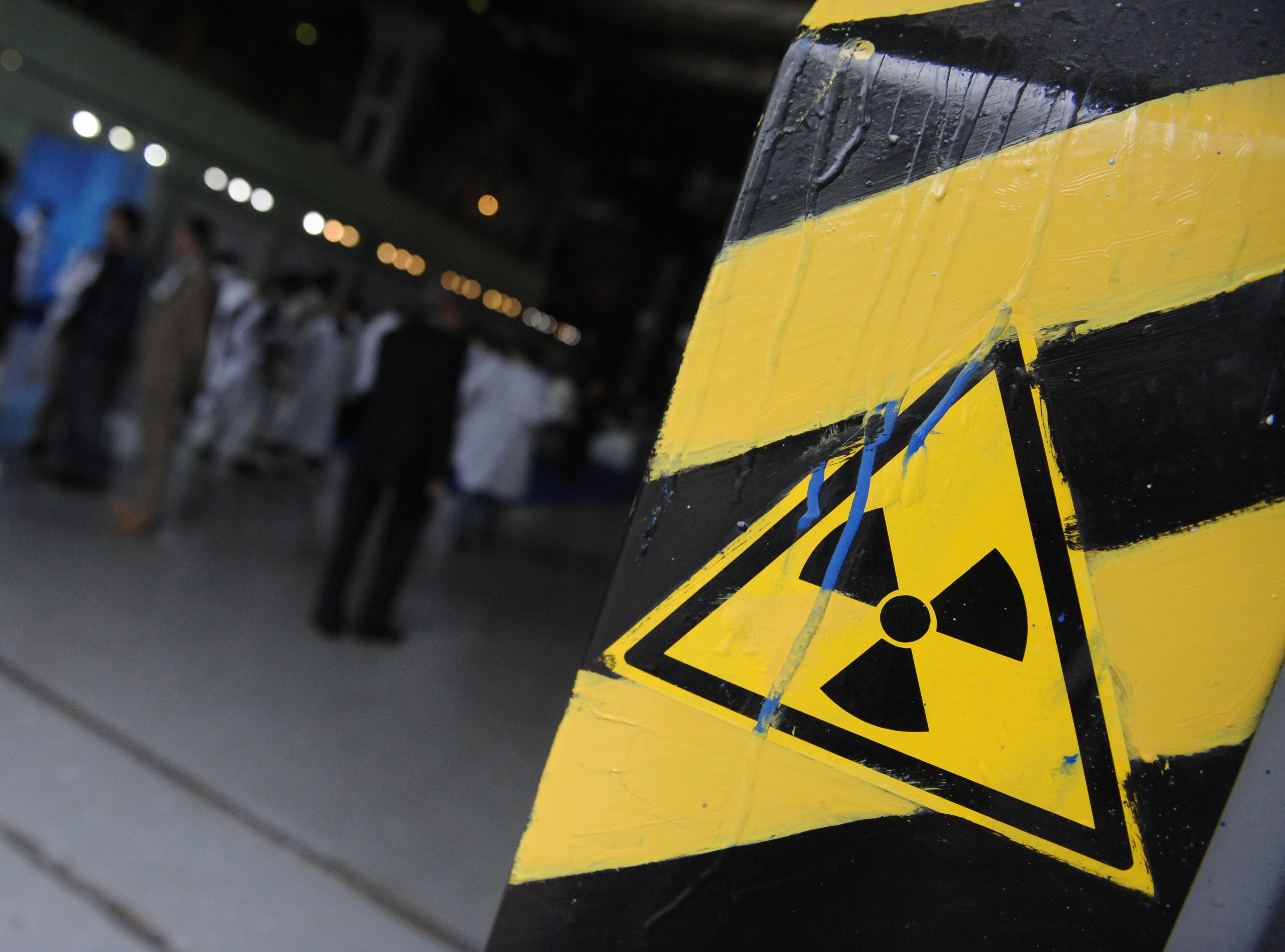ID :
360479
Tue, 03/17/2015 - 10:05
Auther :
Shortlink :
https://oananews.org//node/360479
The shortlink copeid
CERN nuclear research centre says optimistic about Russia becoming associate member

GENEVA, March 17. /TASS/. Europe's nuclear research organization CERN still hopes to see Russia among its associate members.
CERN spokesman James Gillies told TASS political tensions in the world had no impact on cooperation among scientists.
"Cooperation between Russia and CERN has a very long history. The first official agreement on cooperation between CERN and the Soviet Union was signed in 1967," Gillies said, adding that "it was quite natural to work with Soviet researchers during the Cold War."
"When the negotiations aimed at limiting strategic arms started in Geneva in the 1970s, CERN was the actual site of their beginning," he said. "It was here that the first Soviet-American dinner on neutral territory took place."
"The Soviet Union delivered tonnes of equipment to CERN. There was a French school in Dubna [Moscow region] for children of our employees, who worked there for a long time," Gillies said, noting that "whatever the politics may be, it is the right step to give scientists the opportunity to work together to achieve high results".
Russia was now in the process of acquiring associate member status, he said, adding that CERN looked to the future with optimism.
Currently an observer state, Russia formally applied for membership in 2012. As an associate member, the country will be entitled to participate in bids for CERN contracts in the high-technology industry and send its employees to work in the organization. Associate membership will also allow Russia to considerably expand Russian scientists’ presence and role in CERN projects and experiments, including the Large Hadron Collider project.
Founded in 1954 by 12 European countries with the aim of restoring the continent's role in physics research after World War Two, CERN - the European Organization for Nuclear Research near Geneva - currently has 21 members.
Five non-European nations are CERN observer members - India, Japan, Russia, Turkey and the United States - as well as the European Commission and the U.N. educational, scientific and cultural organization UNESCO.
Read more





